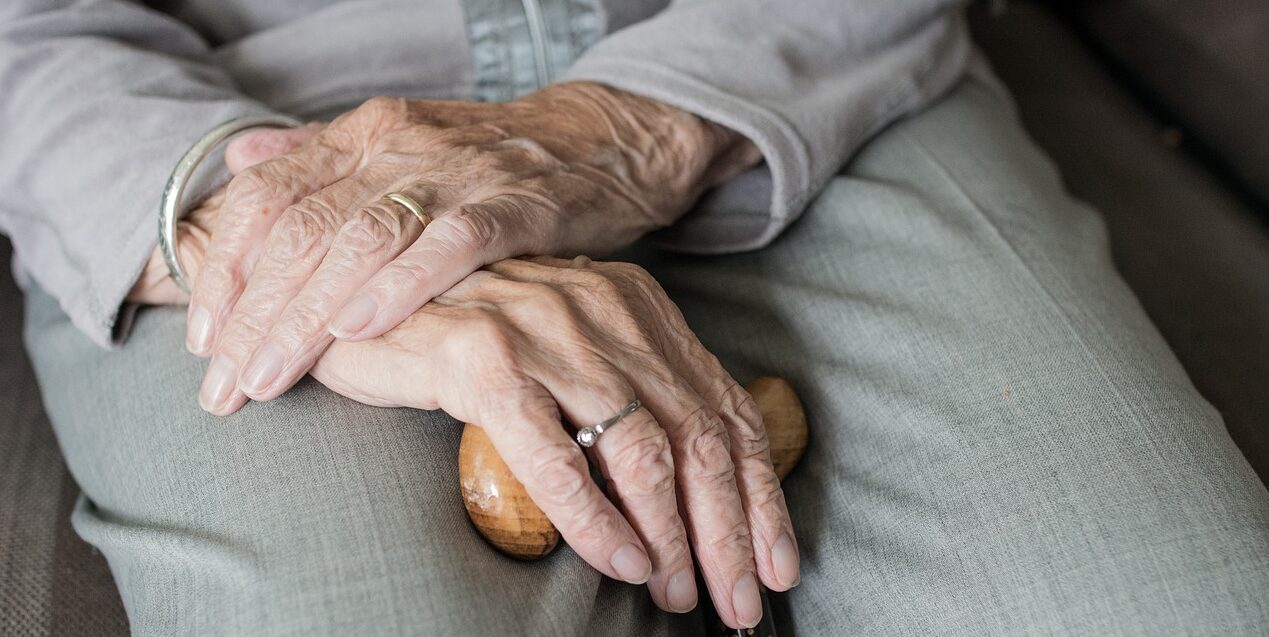What are the Stages of Alzheimer’s

Understanding the Stages of Alzheimer’s Disease: A Comprehensive Guide
Alzheimer’s disease, a progressive neurodegenerative disorder, manifests in various stages, each presenting distinct challenges for individuals and their caregivers. Recognizing these stages is crucial for providing appropriate care and support. Learn more about the signs of Alzheimer’s, the stages of the disease, and how Parc Provence is equipped to address the evolving needs of individuals and their families.
1. Preclinical Alzheimer’s Disease
The preclinical stage may manifest as much as ten years before noticeable symptoms appear. This phase is officially recognized when amyloid plaques begin to form in the brain. However, it’s important to note that not everyone developing these plaques will necessarily progress to Alzheimer’s disease (AD).
2. Early Stage
Early-onset Alzheimer’s is characterized by subtle symptoms, often dismissed as mere forgetfulness. Individuals may experience difficulty remembering recent events or misplacing items. Loved ones and caregivers might notice mild memory lapses and occasional challenges in finding the right words. With diagnosis at the early stage of Alzheimer‘s, memory care might not be necessary at the moment but it is something that will be necessary down the line, so caregivers must start thinking about options.
Signs of this Stage:
- Forgetfulness: Occasional memory lapses, especially for recent events
- Misplacing Items: Difficulty in finding objects or placing them in unusual locations
- Word-Finding Challenges: Difficulty in finding the right words during conversations
- Mild Cognitive Impairment (MCI): Mild dementia that leads to subtle changes in cognitive function that may not significantly impact daily life
- Difficulty Remembering New Information: Initial signs of memory problems, particularly in learning new things
3. Middle Stage
As the disease progresses, the middle stage brings more noticeable cognitive decline. Memory problems become more evident, affecting daily life and tasks. Behavioral changes, such as personality shifts and difficulty in challenging situations, may arise. This is when memory care may become necessary, so caregivers must look for a place like Parc Provence that offers this level of care. For example, Parc Provence’s person-centered care approach is tailored to the middle stage of Alzheimer‘s, focusing on engaging activities and support to enhance residents’ well-being.
Signs of this Stage:
- Increased Memory Problems: Difficulty recalling names, addresses, or recent events
- Challenges with Daily Tasks: Struggles with routine personal care tasks like dressing, bathing, and cooking
- Behavioral Changes: Personality changes, mood swings, or agitation, especially in challenging situations
- Communication Difficulties: Increased difficulty in expressing thoughts and understanding conversations
- Wandering: Aimless wandering or getting lost even in familiar places
- Moderate Dementia: Decline in cognition becomes more noticeable, impacting various aspects of daily life
4. Late-Stage Alzheimer’s Disease
The final stage of Alzheimer‘s is marked by severe cognitive decline and challenges in performing even basic daily tasks. Incontinence and severe dementia symptoms become prevalent. It’s important for people in the later stages to live in an environment that can meet their needs. For example, Parc Provence’s innovative design and home-like atmosphere ensure a secure and supportive lifestyle for residents in the late stage. Plus, specialized care and support groups for family members are integral components of the care provided.
Signs of this Stage:
- Severe Type of Dementia: Severe cognitive decline, profound memory loss, inability to recognize family members and close friends
- Incontinence: Loss of control over bladder and bowels
- Physical Problems: Difficulty swallowing, speaking, and walking
- Dependence on Others: Complete reliance on caregivers for daily activities
- Communication Challenges: Limited ability to communicate verbally
Supporting Caregivers
Caregivers play a vital role throughout the progression of the disease. Parc Provence recognizes the challenges faced by caregivers and emphasizes building strong partnerships with families. Ongoing education and support groups are offered, providing caregivers with valuable resources and a supportive community. Parc Provence also collaborates with renowned organizations like the Alzheimer’s Association (http://www.alz.org/) and healthcare providers to stay abreast of the latest research, biomarkers, and risk factors associated with Alzheimer’s disease. This ensures that residents receive the best-in-class care aligned with national standards.
Contact Parc Provence
Understanding the stages of Alzheimer‘s is crucial for both individuals affected by the disease and their families. Parc Provence’s commitment to person-centered care, engaging activities, and support for caregivers reflects its dedication to enhancing the quality of life at every stage of Alzheimer’s disease. If you or a loved one is seeking specialized care for Alzheimer’s, contact Parc Provence today for a personal tour and learn more about their innovative approach to memory care.





